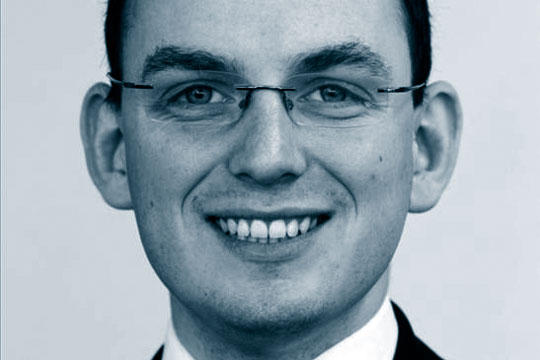Increasingly, it appears that the medical profession is becoming a no-go area for God. It is possibly the clearest area where practice differs from policy. The RCGP curriculum emphasises the need to ‘promote equality and value diversity’ and we all have to undergo regular equality and diversity training as part of our mandatory training programmes. University curricula include the importance of faith and different worldviews in healthcare. NICE and similar organisations are increasingly including the provision of ‘spiritual care’ in their guidelines, notably in cancer and palliative care. In short, we should be able to provide spiritual care to our patients, as well as respect our colleagues who have a personal faith.
So why is it that so many doctors find it so hard to be open about their faith in the workplace? And how confident are we at providing spiritual care, or at least signposting spiritual care, to our patients?
The patient in front of us may well be looking for spiritual answers
I think part of the issue is that our profession may underestimate the importance of spiritual care as Government data still largely relies on measuring organised religion. In the 2011 census only 25% of the population reported that they had no religion. On the other hand, a staggering 73% of adults in London pray. One in five adults attend church at least once a month with one in three adults believing that God is watching over them and will answer their prayers.
Too often my friends who are atheists or agnostics point to declining Anglican congregation numbers as evidence of increasing secularisation of Britain. However, it is clear that for the post-modern generations and millennials, faith is much more personal than attending a building on a specific day of the week. And it appears that when the going gets tough even more people would turn to prayer: a Church of England survey found only one in seven people would ‘never resort to prayer’ if they ran into difficulty in their lives. It appears that people born in the 50s and 60s are least likely to pray, with younger people more likely to pray than their parents.
And this leads us to a new problem facing us in primary care. In the past, if someone who believed in God was faced with a terminal diagnosis, they would more often than not already be established in a community who shared their religious beliefs, who could support them as they navigate the inevitable doubts and stress that such a diagnosis brings. With the latest millennial generation, they are more likely than their parents to have a spiritual worldview, yet are less likely to be part of a community who can support them through such a period. Where will they turn? Who can they ask? What would I say? What can I say?
Hospitals traditionally have been very good at having chaplains of many different faiths, and able to signpost other faith based organisations. Primary care has been slow off the mark. There are a few primary care chaplaincies across the country, and NHS England notes ‘a small but growing body of evidence links the use of chaplaincy to reduced stress, anxiety, depression, isolation and spiritual disease. These benefits have the potential to enhance patients’ resilience in the face of illness.’
At the end of the day, a GP may feel secure in their atheism or paralysed in their theism, but the patient in front of them may well be looking for spiritual answers. Which leaves me asking that classic opener for consultations: ‘How can I help?’
Dr Phil Williams is a First5 GP in Lincoln, and former RCGP National Lead for the First5 initiative
Pulse October survey
Take our July 2025 survey to potentially win £1.000 worth of tokens













